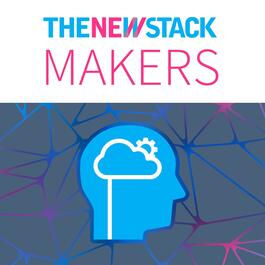
LLMs and AI Agents Evolving Like Programming Languages
The rise of the World Wide Web enabled developers to build tools and platforms on top of it. Similarly, the advent of large language models (LLMs) allows for creating new AI-driven tools, such as autonomous agents that interact with LLMs, execute tasks, and make decisions. However, verifying these decisions is crucial, and critical reasoning may be a solution, according to Yam Marcovitz, tech lead at Parlant.io and CEO of emcie.co. Marcovitz likens LLM development to the evolution of programming languages, from punch cards to modern languages like Python. Early LLMs started with small transformer models, leading to systems like BERT and GPT-3. Now, instead of mere text auto-completion, models are evolving to enable better reasoning and complex instructions. Parlant uses "attentive reasoning queries (ARQs)" to maintain consistency in AI responses, ensuring near-perfect accuracy. Their approach balances structure and flexibility, preventing models from operating entirely autonomously. Ultimately, Marcovitz argues that subjectivity in human interpretation extends to LLMs, making perfect objectivity unrealistic. Learn more from The New Stack about the evolution of LLMs: AI Alignment in Practice: What It Means and How to Get It Agentic AI: The Next Frontier of AI Power Make the Most of AI Agents: Tips and Tricks for Developers Join our community of newsletter subscribers to stay on top of the news and at the top of your game.
From "The New Stack Podcast"


Comments
Add comment Feedback